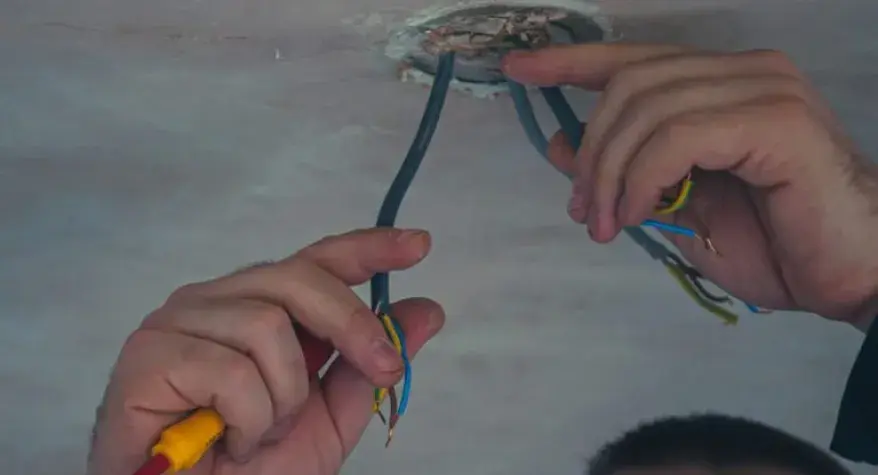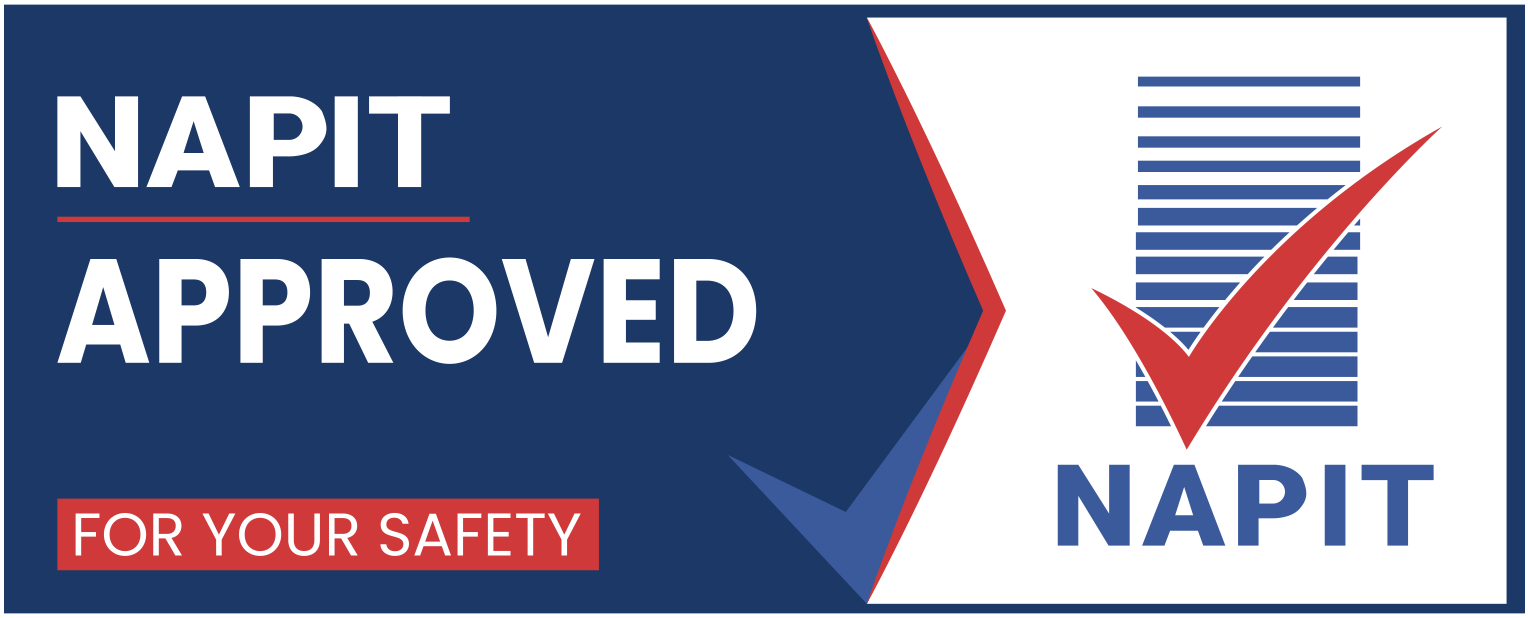Can I carry out my own electrical work?
I am often asked by my customers “can I carry out my own electrical work?”
The short answer is “yes you can”.
But the long answer is, that it depends on various factors. What are they, and when do they apply? In this article, I will aim to spell out some of the ways you can measure whether you can carry out your own electrical work so that you can make an informed decision on when to call an electrician.
Do you have the skills?
You should only work on your own electrics if you have extensive knowledge of electrical systems, enough to ensure that you can keep people safe. There is a misconception that if you match the correct cable colours and it works, it’s safe. Unfortunately, this is far from the truth.
Do you have the correct tools?
Most people have that tool bag in their garage that contains the standard hammer, screwdriver and pliers. These are fine for basic DIY jobs. But do you have the basic tools to work with electricity? Electrical circuits require VDE (insulated) hand tools and the correct testing equipment. If you do not own this type of equipment, it is not a good idea to do electrical work.
Do you know what certificates are needed and when to contact building control?
If you are competent and have the correct knowledge and correct tools then you can carry out electrical work. However, some electrical work requires a certificate and depending upon where the electrical work is carried out you will need to notify building control. If you are not sure whether the work you plan requires you to notify building control then it’s best to get an electrician in.
Do you know what certificates you need?
Some electrical work requires it to be checked and a certificate to be issued. This allows you to know that the work is safe. There are lots of occasions when a certificate is required:
- A new point on the circuit is added (i.e. light or socket)
- A circuit is altered (replacing a socket or light doesn’t need a certificate).
- A new circuit is installed
- Work is carried out in a special location such as your bathroom
- The fuse board is upgraded
Do you know how to test your work?
Do you know how to correctly test your work to make sure it is safe and that it meets the latest wiring regulations? Although you may think you do not need to bother about wiring regulations, if you ever sell your house you will need certificates to prove that your wiring is safe. Wiring regulations are updated to keep you safe. If you do not keep on top of them, you may be putting your loved ones in harm's way.
There is more to testing your own work than just getting out a neon screwdriver and your multimeter from Screwfix! There are various readings that have to be recorded on a certificate. The results also have to meet the requirements of the wiring regulations to be deemed compliant and safe.
Not confidant, hire an Electrician
Legally, you can carry out some work on your home’s electrics if you are competent and have all the right tools. However, it is best to hire an electrician, particularly if you are unsure or don’t feel confident enough. Please do remember that certain types of work (as mentioned above), if carried out by somebody who isn’t qualified, may need to be inspected by building control. The person carrying out the work will also need to know how to fill out the correct certificates. I often get calls asking me to come and sign off some work that has been carried out by the homeowner. No electrician can legally sign off somebody else’s work as their own. They can test to ensure it’s safe but not take ownership of the work.
If you need any electrical work done on your home contact A Bathe Electrics and if you carry out any electrical work on your own property, please put your own and others' safety first by being aware of what’s required.




